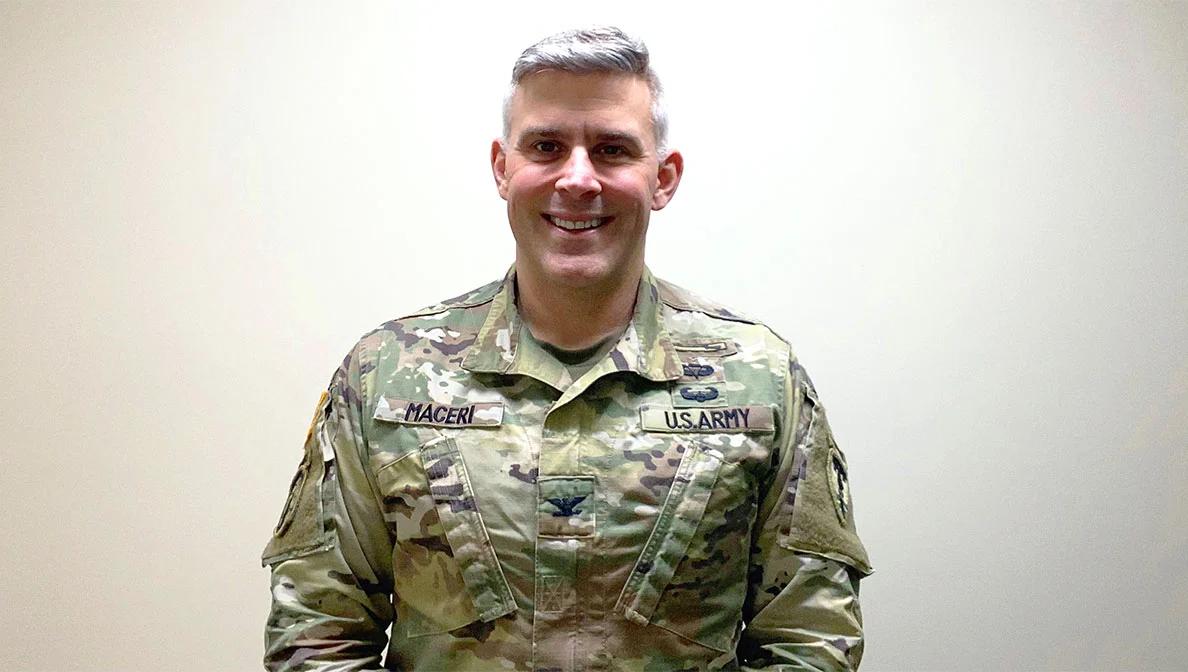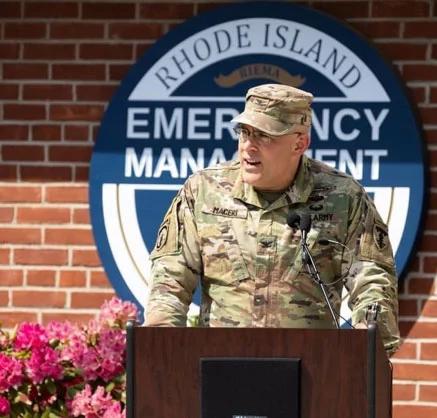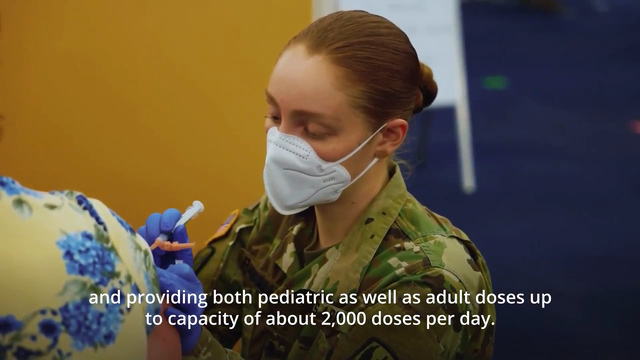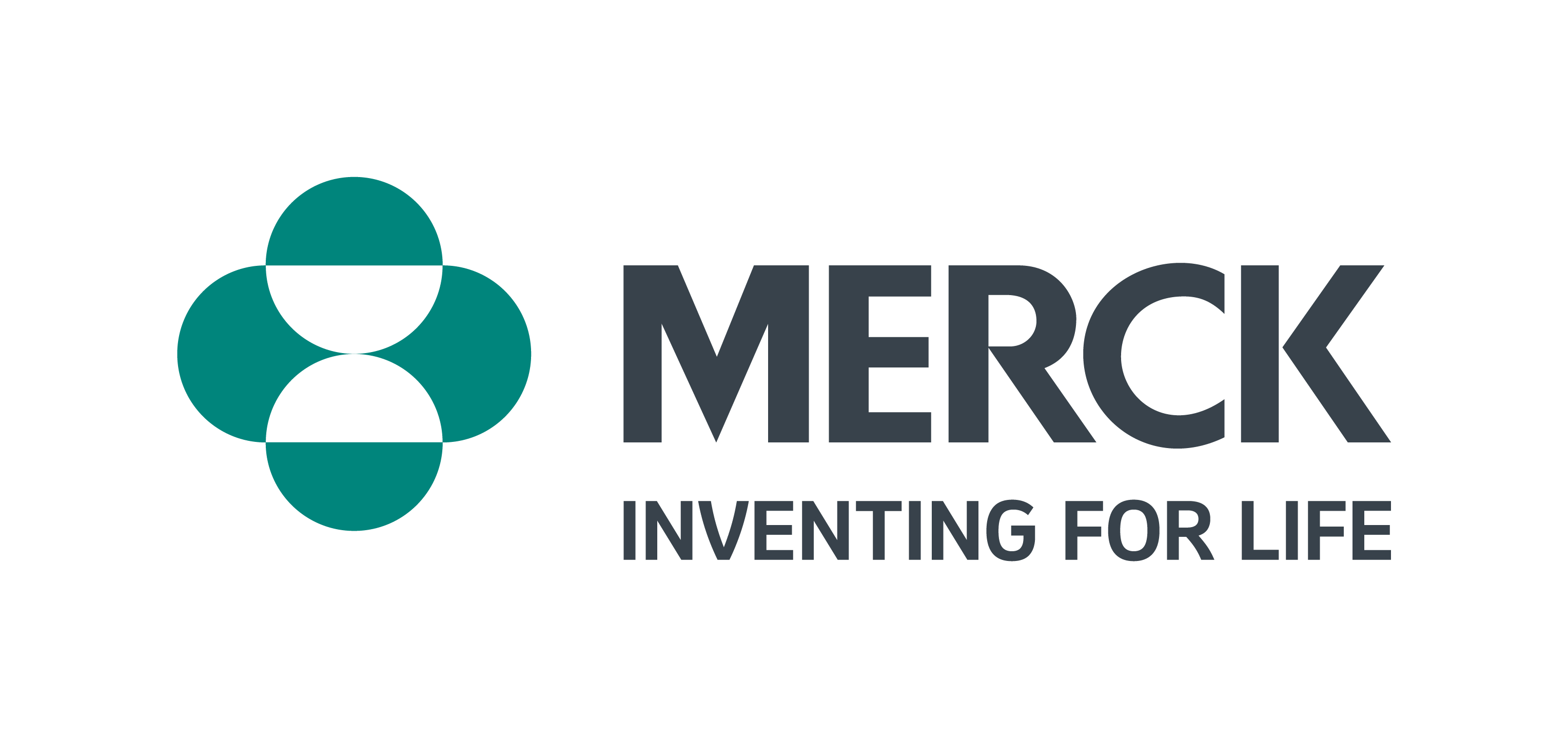Fighting COVID-19: 'An Intersection Between My Military and Civilian Careers'
How our colleague Col. Craig Maceri is using the skills he learned at Merck to help run a vaccination site for the National Guard
Col. Craig Maceri, director, vaccines value chain management, never would have guessed that his career at Merck would someday benefit his role as a commander in the National Guard. But the COVID-19 pandemic took everyone by surprise.
“It’s definitely not like any deployment I’ve been on before,” said Maceri, who fought in the Iraq War.
In 2020 and 2021, Maceri went on military leave from Merck to join the Rhode Island National Guard as commander of Joint Task Force Guardian, a team of service members responding to the pandemic. At the time, his soldiers and airmen were helping with COVID-19 testing, contact tracing and setting up alternate care facilities.
Today, thanks to the development and delivery of COVID-19 vaccines, the joint task force is also helping run a vaccination center that offers COVID-19 vaccines and boosters.
“At Merck, I’ve served in vaccine operations for almost 20 years, and now, commanding a joint task force that set up a site and is administering vaccines to battle the pandemic is pretty cool – it’s sort of like an intersection of my civilian and military careers,” said Maceri.
Leveraging transferable skills
Manufacturing vaccines is a complex and highly regulated process. Once a vaccine is licensed, the Food and Drug Administration (FDA) regularly inspects vaccine manufacturing facilities to make sure they’re following strict regulations. Any subtle changes in the production process could alter the final product and change its purity, safety or efficacy.
Maceri said his extensive experience leading vaccine manufacturing operations at Merck proved to be very useful when running a vaccination site that was administering about 2,000 doses a day of three different COVID-19 vaccines.
“One of the things that I made sure of was that we had strict procedures in place for storing, preparing and administering the vaccines just like we have standard operating procedures (SOPs) in a manufacturing facility,” said Maceri.
Maceri said he’s also been able to improve several transferable skills while deployed, such as leadership and teamwork. As a dual-status commander, he’s responsible for streamlining response efforts with both state and federal military forces.
“It all comes down to understanding what each person, what each team, what each organization brings to the fight, and being able to leverage those unique capabilities for the common good,” said Maceri. “And these are all learnings that I can take back with me to Merck and apply to our ways of working.”
WATCH (above): Col. Maceri explains how he’s able to apply his skill sets across two different careers
The opportunity to work in both worlds
Although Maceri looks forward to returning home to his family, he’s grateful that Merck’s military leave policy supports him having two impactful careers.
“Whether it’s deploying to combat to defend our freedom or battling a pandemic on the homefront, it’s really about serving that higher purpose,” said Maceri. “And I feel equally as proud to be a Merck employee. The impact that Merck has had and continues to have on global human health is nothing short of amazing.”
Learn more about the company’s commitment to diversity and inclusion in their Environmental, Social and Governance (ESG) Progress Report.





